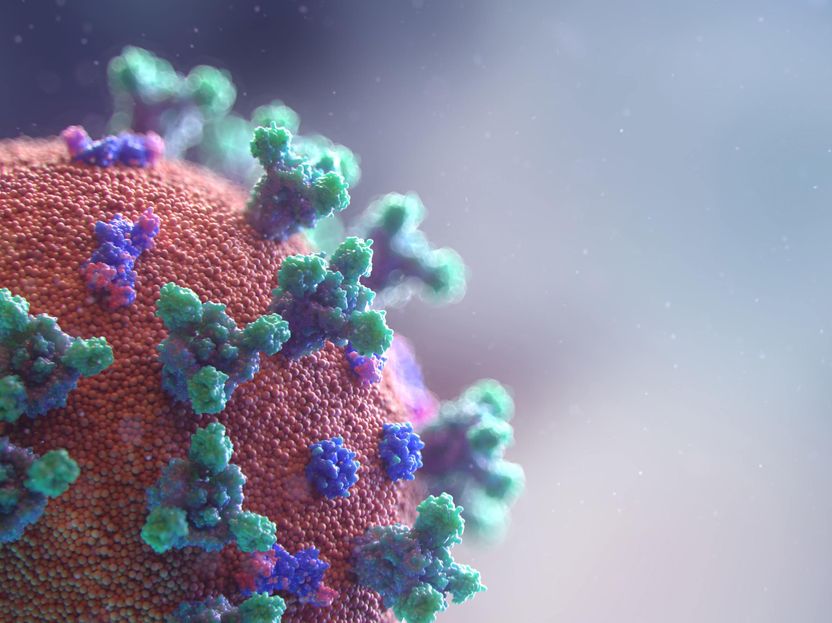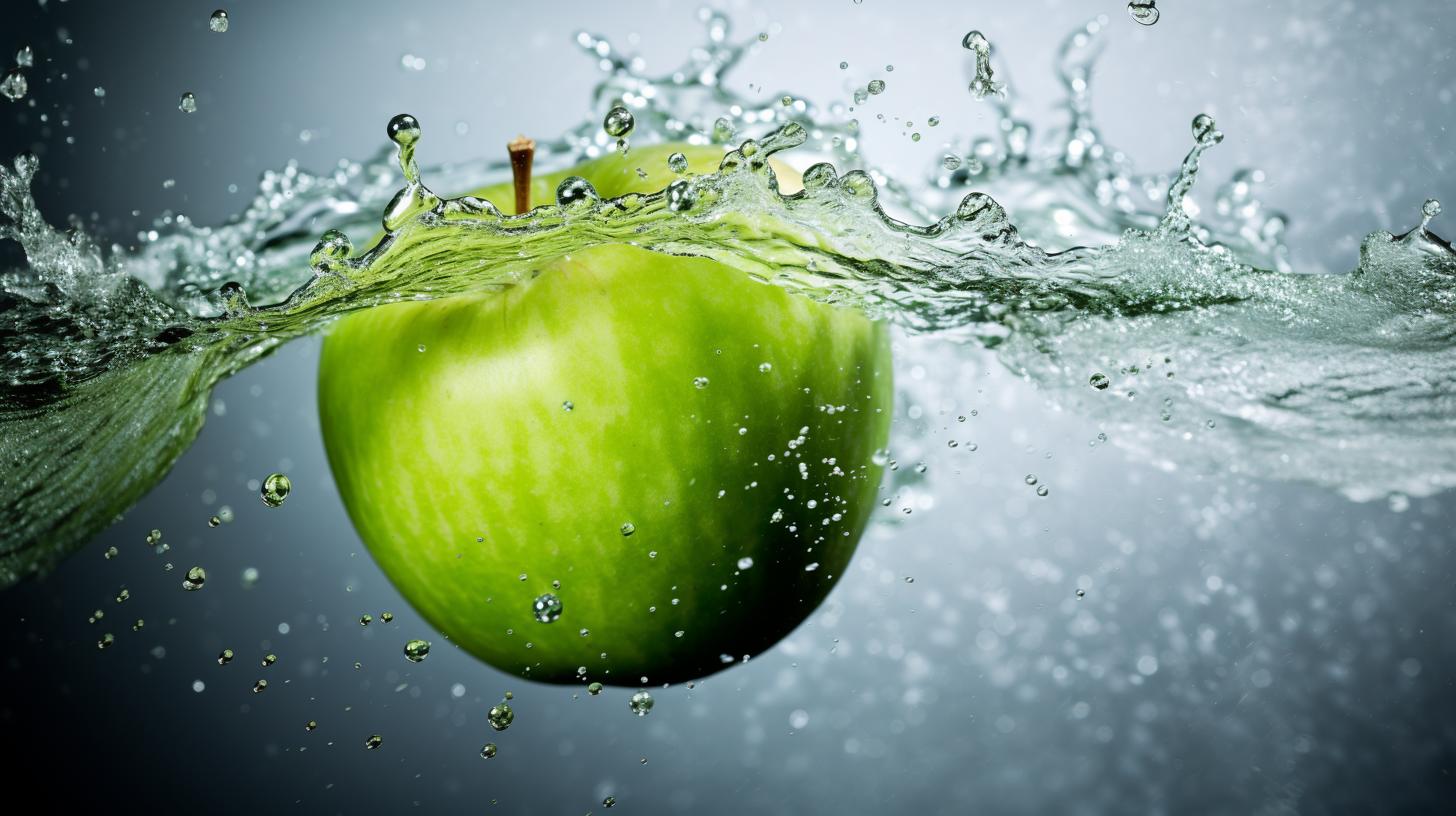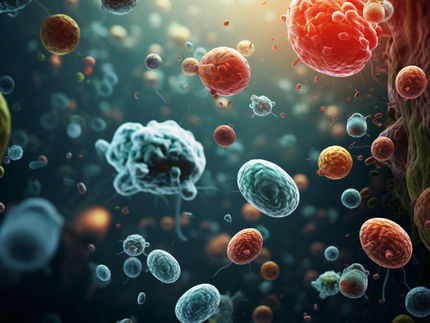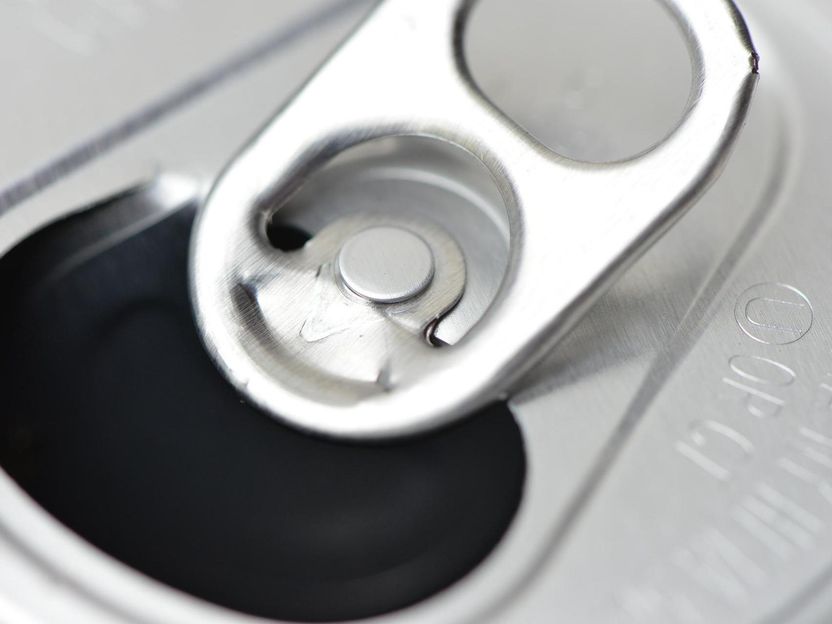Coronavirus: no evidence that food is a source or transmission route
EFSA is closely monitoring the situation regarding the outbreak of coronavirus disease (COVID-19) that is affecting a large number of countries across the globe. There is currently no evidence that food is a likely source or route of transmission of the virus.

Photo by Fusion Medical Animation on Unsplash
EFSA’s chief scientist, Marta Hugas, said: “Experiences from previous outbreaks of related coronaviruses, such as severe acute respiratory syndrome coronavirus (SARS-CoV) and Middle East respiratory syndrome coronavirus (MERS-CoV), show that transmission through food consumption did not occur. At the moment, there is no evidence to suggest that coronavirus is any different in this respect.”
The European Centre for Disease Prevention and Control (ECDC) has said that while animals in China were the likely source of the initial infection, the virus is spreading from person to person – mainly via respiratory droplets that people sneeze, cough, or exhale. More information on coronavirus and food can be found in this FAQ by the BfR, Germany’s risk assessment body.
Scientists and authorities across the world are monitoring the spread of the virus and there have not been any reports of transmission through food. For this reason, EFSA is not currently involved in the response to the COVID-19 outbreaks. However, we are monitoring the scientific literature for new and relevant information.
Regarding food safety, the World Health Organization (WHO) has issued precautionary recommendations including advice on following good hygiene practices during food handling and preparation, such as washing hands, cooking meat thoroughly and avoiding potential cross-contamination between cooked and uncooked foods. More information can be found on the WHO website.
Reducing the chances of contagion – measures in place at EFSA’s headquarters
EFSA is based in Parma, in the north of Italy, which is one of the areas currently subject to emergency restrictions on movement imposed by the Italian government. As of the last week in February, we have adopted a series of measures in line with advice from the Italian authorities.
We have introduced homeworking for most of our staff and telemeetings with experts and partners, while events, staff travel and public visits to EFSA premises have been suspended until at least 8 April. These measures are being reviewed constantly in light of new information.
Rolling information on the outbreak and risks assessments used by the EU Member States and the European Commission in their response activities are being updated continuously by the European Centre for Disease Prevention and Control (ECDC). The World Health Organization is coordinating global efforts.
Most read news
Other news from the department business & finance

Get the food & beverage industry in your inbox
By submitting this form you agree that LUMITOS AG will send you the newsletter(s) selected above by email. Your data will not be passed on to third parties. Your data will be stored and processed in accordance with our data protection regulations. LUMITOS may contact you by email for the purpose of advertising or market and opinion surveys. You can revoke your consent at any time without giving reasons to LUMITOS AG, Ernst-Augustin-Str. 2, 12489 Berlin, Germany or by e-mail at revoke@lumitos.com with effect for the future. In addition, each email contains a link to unsubscribe from the corresponding newsletter.
Most read news
More news from our other portals
See the theme worlds for related content
Topic world Food safety
Food safety is at the heart of the food and beverage industry. It ensures that the food we eat every day is not only nutritious, but also free of harmful contaminants. From field to plate, the industry monitors and regulates every step of the process with strict quality controls, advanced testing methods and continuous research.

Topic world Food safety
Food safety is at the heart of the food and beverage industry. It ensures that the food we eat every day is not only nutritious, but also free of harmful contaminants. From field to plate, the industry monitors and regulates every step of the process with strict quality controls, advanced testing methods and continuous research.
Topic world Hygiene
Hygiene is the foundation of the food and beverage industry. Hygiene technology ensures that products are not only tasty, but most importantly, safe for consumption. From advanced cleaning processes to sterile filling techniques, the industry is constantly setting new standards to prevent contamination and the growth of microorganisms.

Topic world Hygiene
Hygiene is the foundation of the food and beverage industry. Hygiene technology ensures that products are not only tasty, but most importantly, safe for consumption. From advanced cleaning processes to sterile filling techniques, the industry is constantly setting new standards to prevent contamination and the growth of microorganisms.




























































